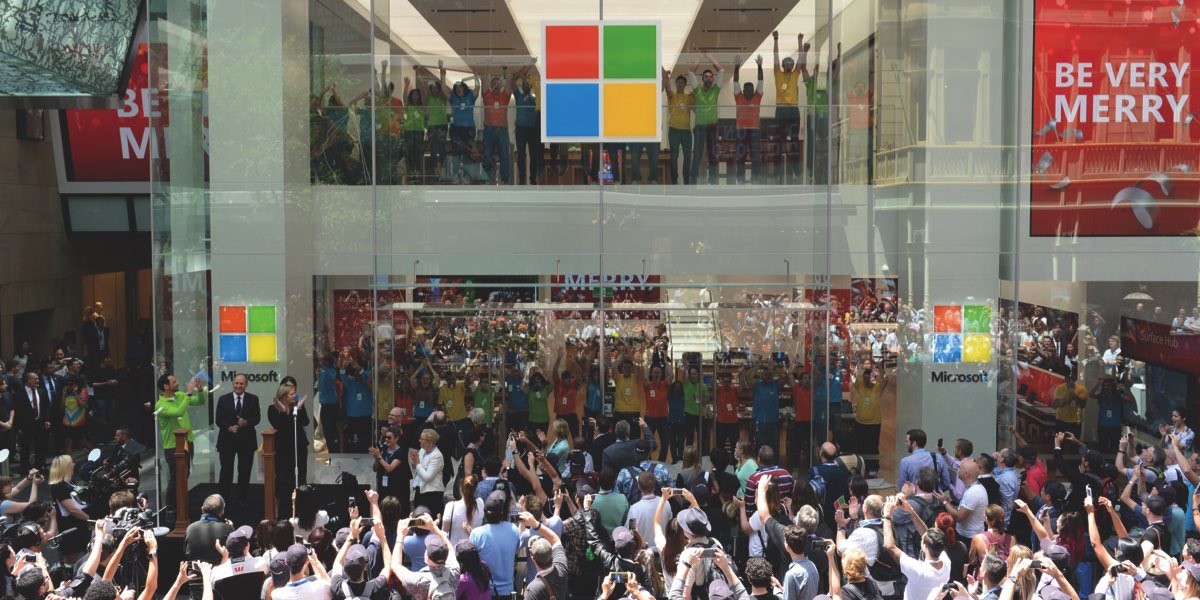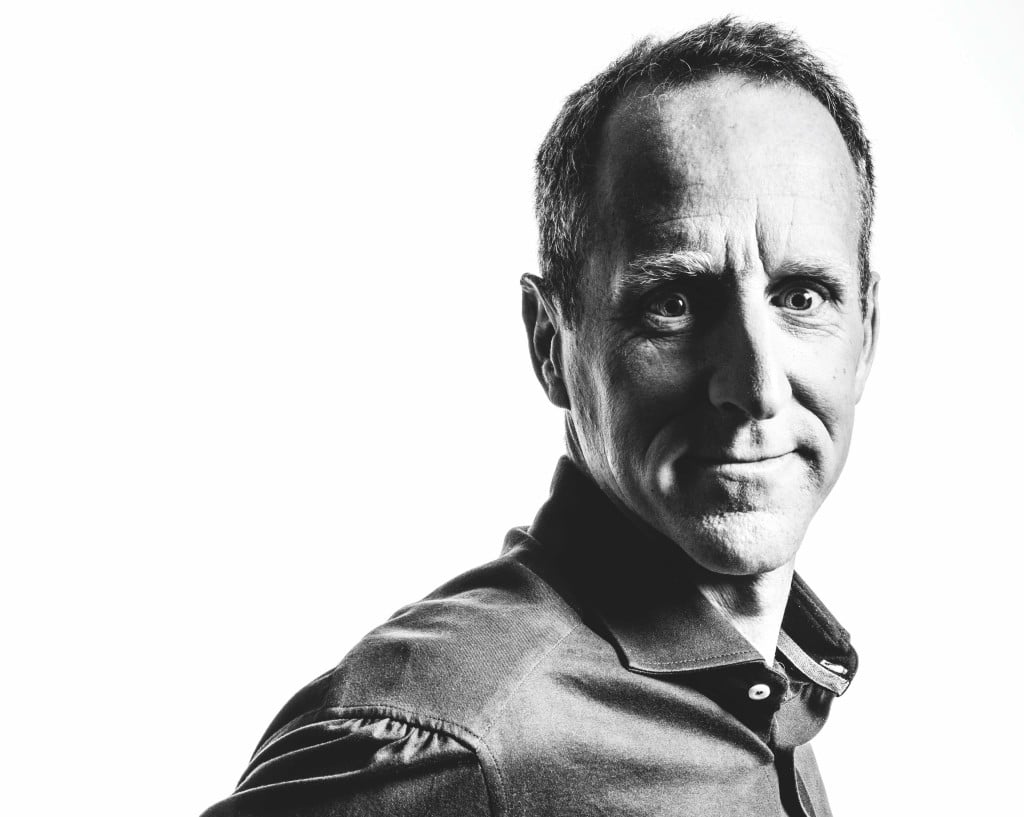Google has become so synonymous with search that it’s difficult to accept the value in its competitors. But that’s exactly what Microsoft Bing Ads marketing general manager Steve Sirich is asking people to do.
Sirich visited Australia earlier this month to meet with partners, advertisers and media to highlight the importance of Microsoft’s search engine in driving effective campaign targeting. When talking with Sirich, it is quickly apparent that he is under no misapprehension of the market realities that Bing faces.
“We’re up in double digit figures now in terms of our query share, so that’s a positive story when you’re going against the likes of Google as a strong and respected competitor. The folks in Melbourne and Sydney are really rooting for us as they want to have a competitive choice. They want to know that there is a viable alternative,” Sirich explains.
Sirich looks to the market share growth that Bing has experienced throughout APAC and cites the opportunity for growth evident in Australia. He reported that advertisers are seeing a positive return on investment, with lower CPCs, and better conversion rates through using Bing.
“They enjoy the customer experience they get from Bing and Bing Ads representatives. They like the innovation that we’re doing on the product in terms of how we’re continuing to evolve with the industry and not only stay step-for-step with Google, but creating some differentiation in areas that we can. They like the fact that we’re doing more and more to tie the experience to Microsoft, knowing that the Microsoft brand really resonates with people,” Sirich explains.
A couple of years ago, accepting Sirich’s claims that the Microsoft brand was resonating would have been a leap of faith. But Microsoft is currently undergoing somewhat of a rejuvenation. Reviews for its new Windows 10 operating system have been favourable, winning back interest from users who were disappointed by previous versions of Windows. The return of the Windows start button went a long way towards restoring faith. Microsoft’s new focus on hardware has also been warmly received, with sales strengthening for their Surface range of tablet computers.
As Sirich explains, the hardware push, combined with the new operating system, and delivering cloud functionality to traditional products like Office, are all part of an overall plan to deliver a greater, connected experience for Microsoft users, an experience that features Bing search functionality throughout.
“At Microsoft we believe the Bing experience is akin to our mission in terms of ‘how do we drive empowerment through technology?’ Search is about empowerment because it’s linking information and intent with consumers. We are integrating Microsoft and within the ecosystem of products and services, we’re integrating Bing very intentionally into that. So, if you’re using the Office productivity suite 2016, you’re going to see Bing integrated into that experience. In terms of whether you’re in a Word doc or an Excel doc, the search experience will be powered by Bing. With our Windows 10 experience, we’ve done a much better job than with Windows 8 in terms of refining the search experience within the Windows operating system. Bing and the Cortana voice search are right there for you,” he explained.
The real power for Microsoft is being able to set Bing as the default search provider. “We are getting some good engagement through [web browser] Edge and the default settings that we have for Bing there.” Further to this, Microsoft has also struck deals with Apple to use Bing to power its Siri search functionality, along with Amazon to power its Echo and Kindle search requirements. Many Bing users aren’t necessarily making the active choice to use the service, but rather rely on it for the fact it works.
A strength of using Bing over Google comes from understanding who the Bing audience is and where they differ from Google. Thanks to the strength of their position in the enterprise market, Bing tends to skew more towards the corporate enterprise user.
Sirich explained, “We do skew to a more mature, a little older user. If you really were to dig into our demographics, that’s what you’d find. What that does is it balances us with the likes of Google that skews a little bit younger.
“For an advertiser perspective, they herald that we reach a demographic that can’t always be reached with Google. They’re a little bit more sophisticated, a little bit more mature a user than currently reached with Google.”

